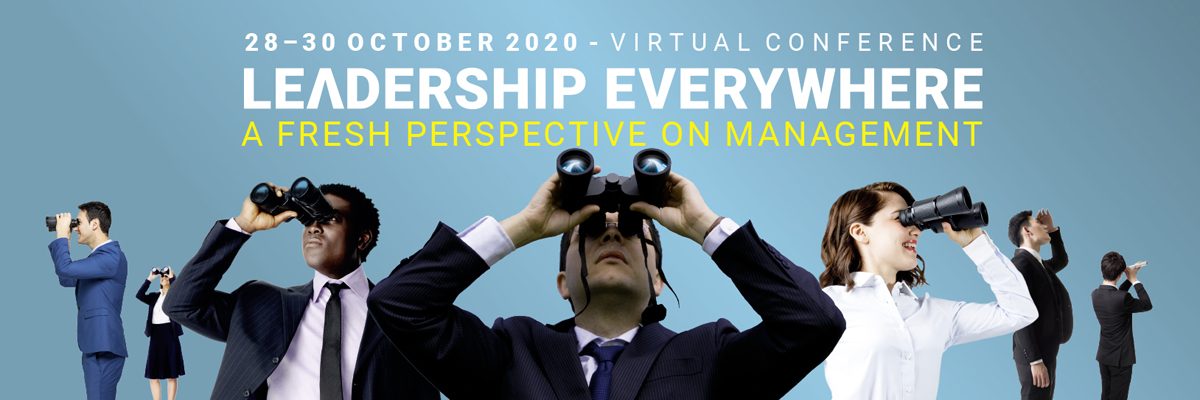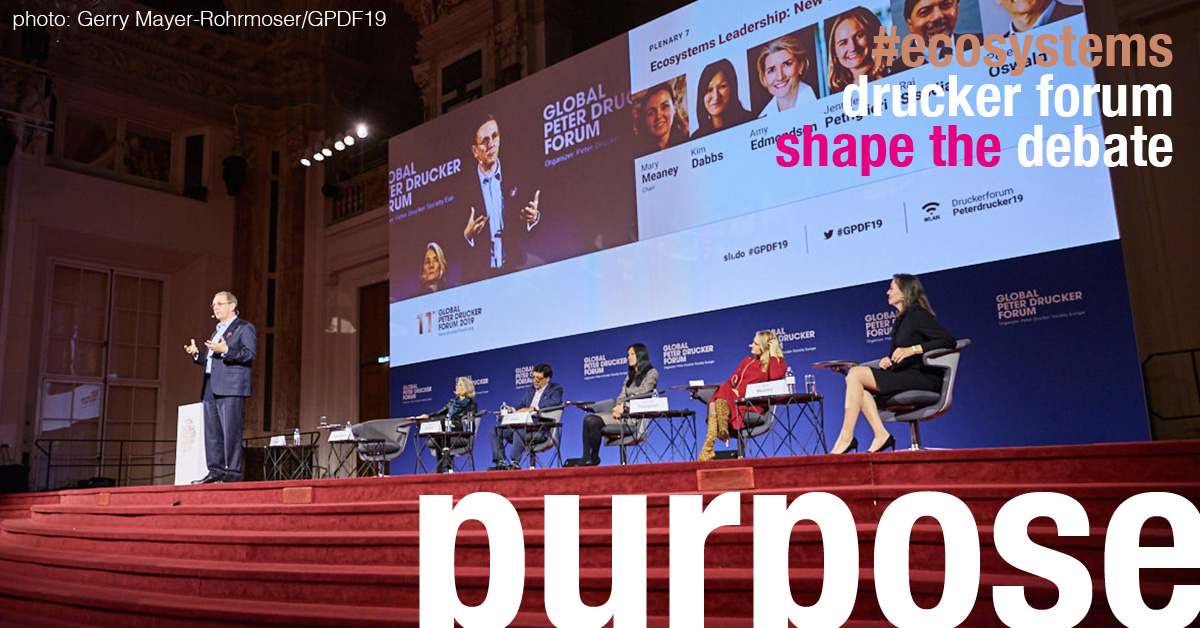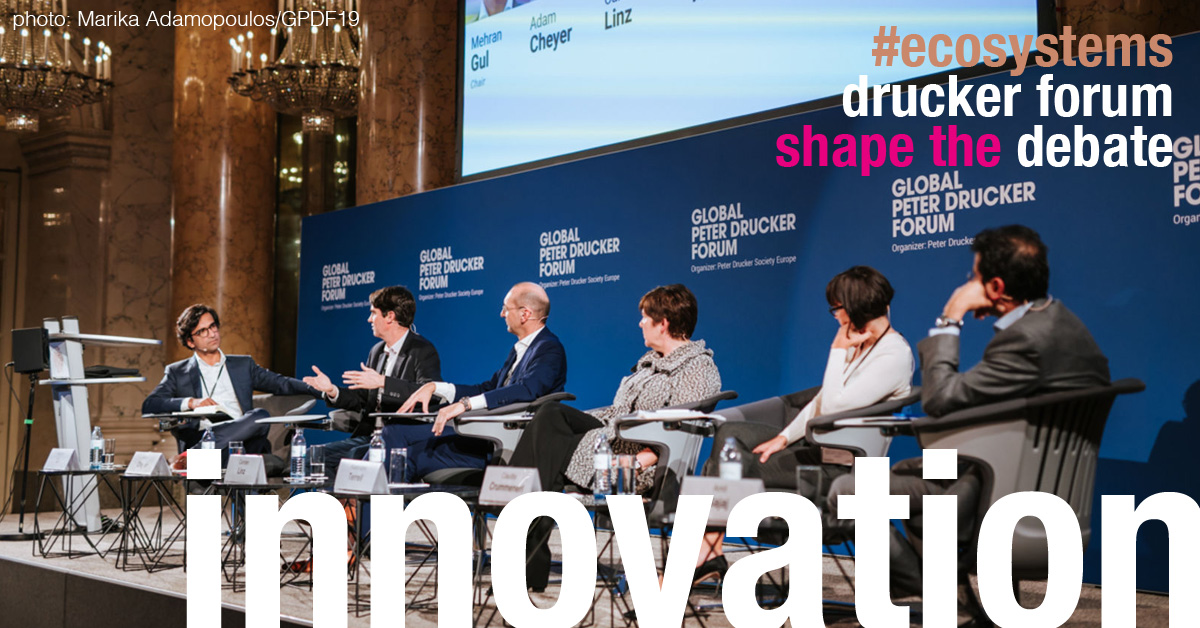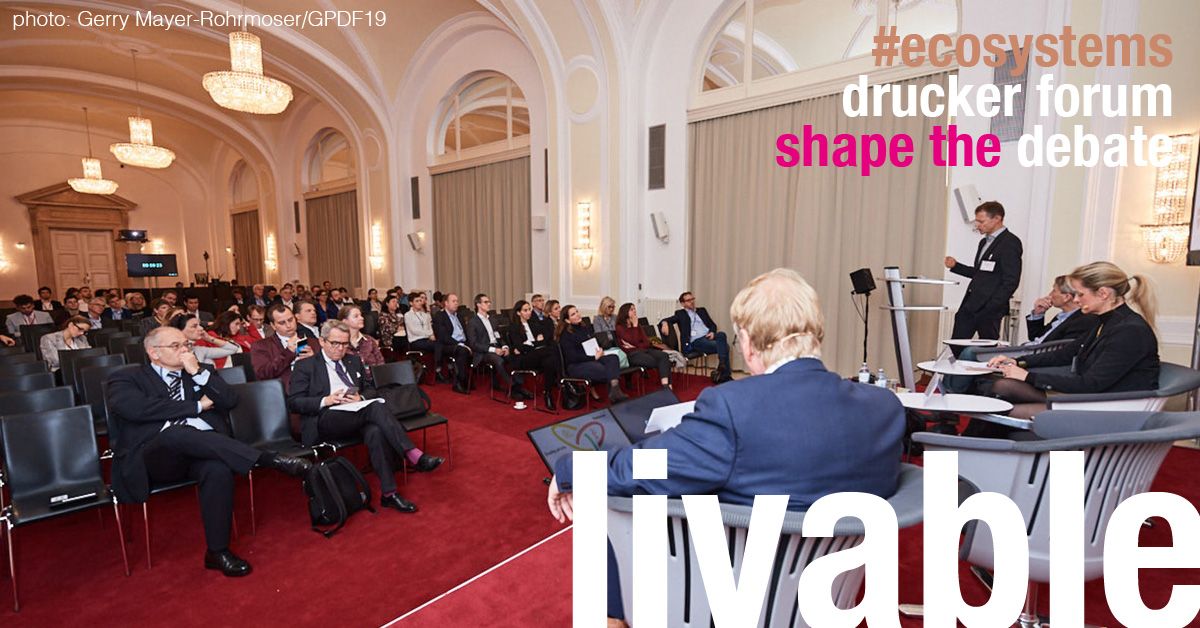Parallel plenary #4, 21 November 2019: Capitalizing on new technology and connectivity ‘How can we capitalize on new technology and connectivity?’. When the writer read the announcement of the panel chaired by Mehran Gul, he expected the discussions to center on technology and the buzzwords of the day – ‘Artificial Intelligence (AI)’, the ‘internet of everything’ or at the very least ‘Collaboration Platforms’ … Fortunately this was not the case. The paradox of ‘capitalizing on new technology’ is that technology shows every sign of being the wrong focus. The miracle occurs beyond technology, with a clear focus on innovation and people. Panelists Adam Cheyer, Karenann Terrell, Carsten Linz, Claudia Crummenerl and Amit Bajaj provided a broad range of […]
Continue reading









